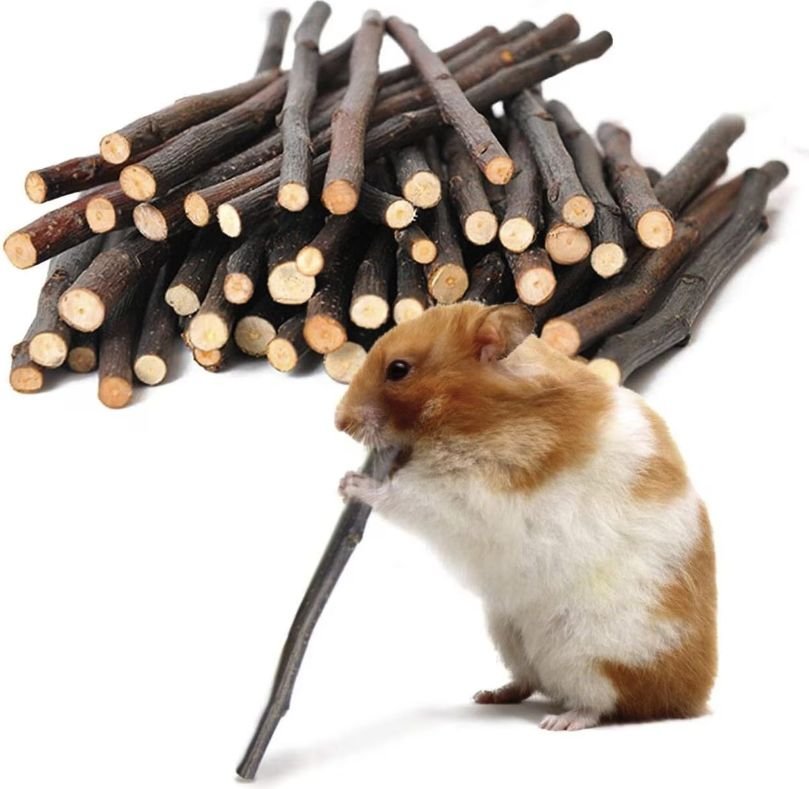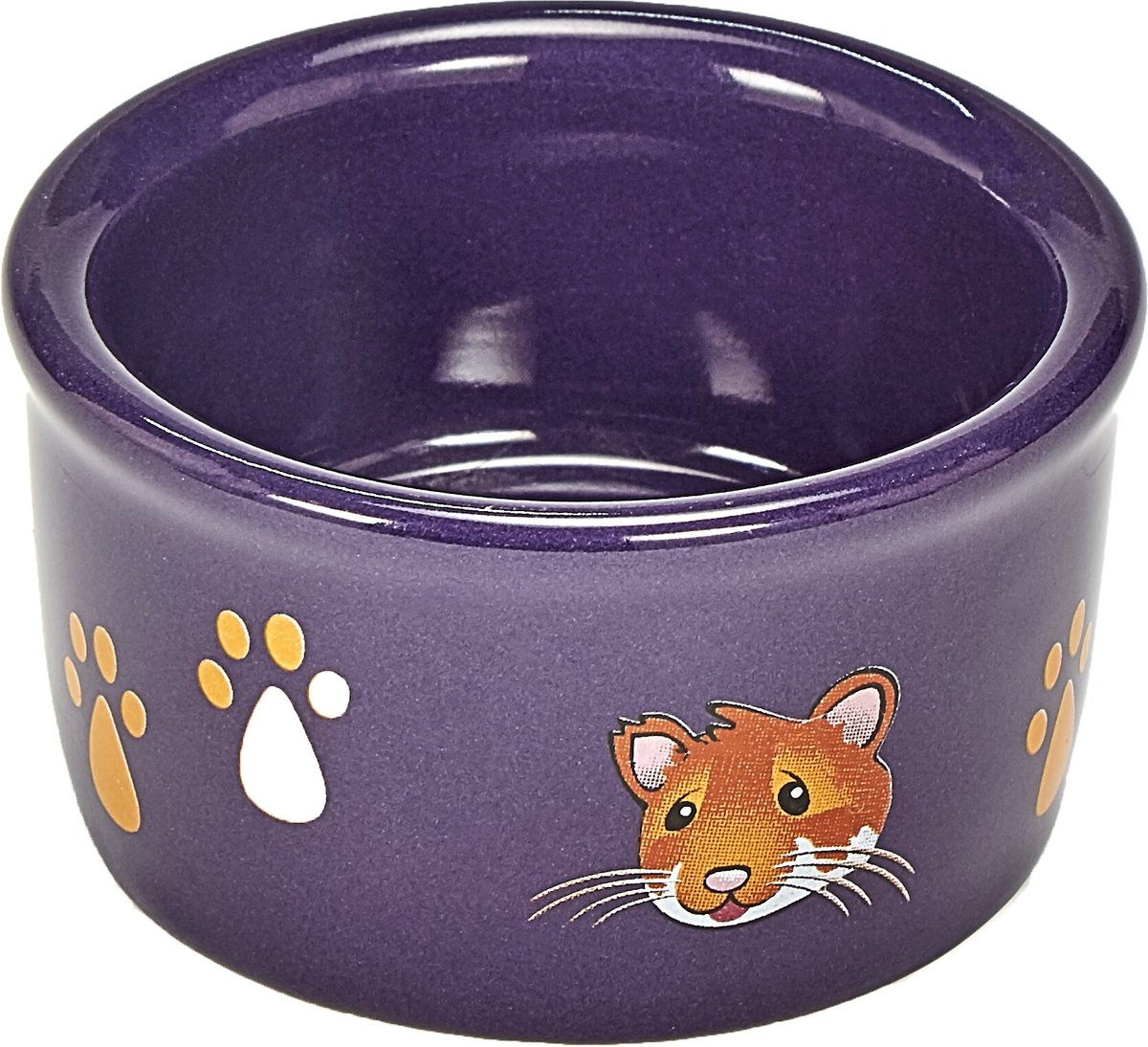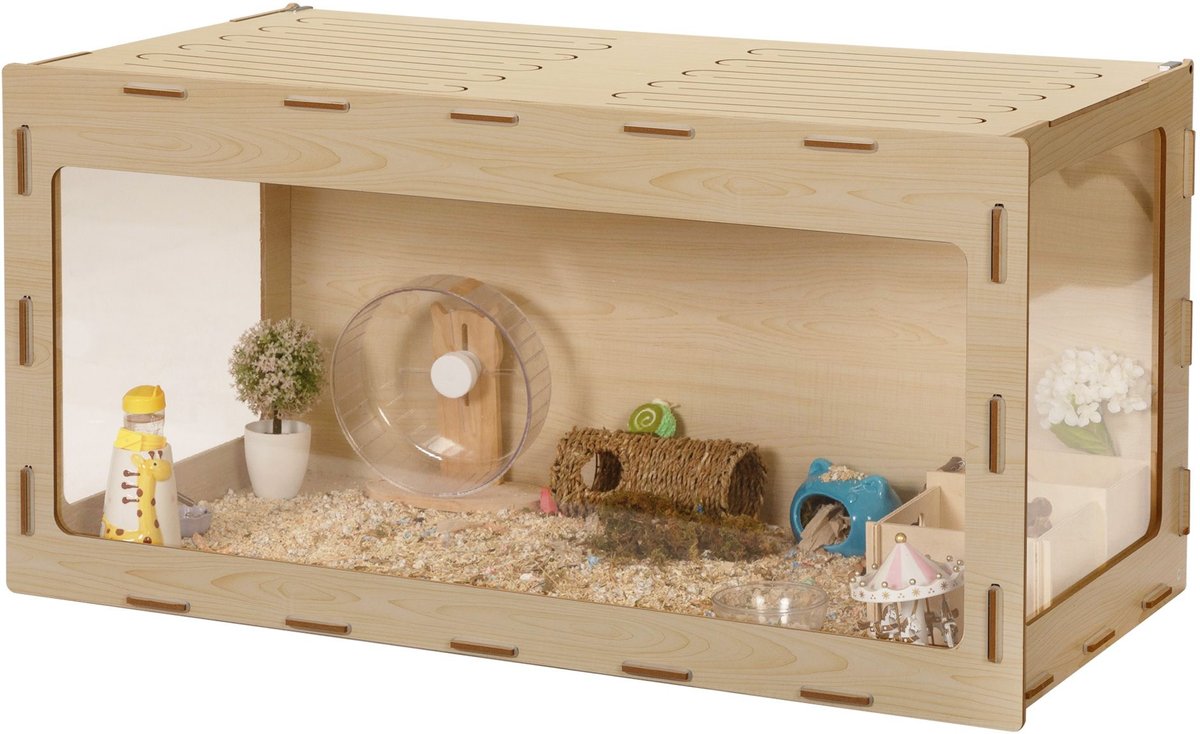Table of Contents
6 sectionsIntroduction

As a long-time hamster enthusiast and pet nutrition researcher, I'm often asked about treating these adorable pets with human foods. Today, let's tackle a common question: can hamsters eat cheese?
The short answer is yes, hamsters can safely eat cheese in small, controlled portions. While not necessary for their diet, cheese can be a protein-rich treat when fed properly. However, there's more to it than simply cutting off a piece of your cheddar and offering it to your furry friend.
Quick Safety Guide for Feeding Cheese to Hamsters
| Cheese Type | Safety | Portion Size | Notes |
|---|---|---|---|
| Mild Cheddar | ✅ Best Choice | Pea-sized | Ideal starter cheese |
| Mozzarella | ✅ Safe | Pea-sized | Low-fat option |
| Cottage Cheese | ✅ Good | 1/4 teaspoon | Higher protein |
| Blue Cheese | ❌ Avoid | None | Contains mold |
| Processed Cheese | ❌ Avoid | None | Too many additives |
Understanding Portions for Different Hamster Breeds
Every hamster owner knows that these tiny pets come in different sizes and varieties. Just like how a Great Dane needs different portions than a Chihuahua, your hamster's breed plays a crucial role in how much cheese they can safely enjoy.
| Breed Type | Maximum Portion | Frequency | Notes |
|---|---|---|---|
| Syrian | 0.5g (pea-sized) | Once/week | Most tolerant |
| Dwarf (Campbell's) | 0.25g | Every 2 weeks | Diabetes prone |
| Winter White | 0.25g | Every 2 weeks | Monitor closely |
| Chinese | 0.25g | Every 2 weeks | Smaller portions |
| Roborovski | 0.12g | Every 2 weeks | Smallest portions |
You might be wondering why these portions seem so tiny. Remember, what looks like a small piece of cheese to us is quite substantial for your hamster! Think of it this way: a single cube of cheese the size of your fingernail might be like eating an entire block of cheese for your hamster.

Apple Snack Sticks. Chew Treats, 40 count.
These sweet, apple sticks are both a treat and a toy - the satisfying flavor encourages your little friend to gnaw away, which helps keep his constantly growing teeth in tip top shape.
Check PriceHealth Benefits of Cheese for Hamsters
Protein Source
- Supports muscle health
- Provides essential amino acids
- Beneficial for active hamsters
Calcium Benefits
- Supports bone health
- Important for dental strength
- Helps prevent deficiencies
Additional Nutrients
- Vitamin B12
- Essential minerals
- Healthy fats in moderation
Potential Risks and Warning Signs
While cheese can be a safe treat, it's crucial to watch for any adverse reactions. In my years of experience, I've seen how some hamsters may be more sensitive than others.
Watch for These Signs
- Loose stools
- Decreased activity
- Excessive thirst
- Changed eating habits
Risk Factors
- Lactose Intolerance
- High fat content
- Sodium levels
- Potential overfeeding
Essential Tools for Safe Cheese Feeding
Storage Solutions
- Airtight Treat Container
- Keeps cheese fresh
- Prevents contamination
- Easy portion control
- Digital Pocket Scale
- Accurate portions
- Battery operated
- Easy to clean
Feeding Equipment
- Ceramic Feeding Dish
- Stable design
- Easy cleaning
- Prevents tipping
- Feeding Platform
- Elevated feeding
- Hygienic surface
- Monitor consumption

Hamster Food Bowl, Color Varies
The heavy-duty material prevents the bowl from overturning while the easy-to-clean nature allows you to wash it whenever it could use a spruce up.
Order NowSafe Feeding Guidelines
First-Time Introduction
- Start with tiny amount
- Observe for 24 hours
- Monitor behavior changes
Regular Feeding
- Stick to schedule
- Maintain portions
- Remove uneaten cheese
Storage Rules
- Keep refrigerated
- Use within one week
- Serve room temperature
Frequently Asked Questions
Important Safety Tips
- Always start small
- Choose low-fat options
- Monitor reactions
- Store properly
- Clean feeding area
Remember: Cheese should never exceed 10% of your hamster's diet. Focus on providing a balanced diet with proper hamster food as the main component.
Through my years of working with hamsters, I've found that treating them with cheese can be a safe and enjoyable experience when done correctly. Just remember to keep portions tiny, monitor your pet's reaction, and maintain a consistent feeding schedule. Your furry friend can then safely enjoy this tasty treat as part of a balanced diet.

Acrylic Window Hamster Cage & Gerbil Habitat, 41.75-in
This versatile habitat is spacious enough to house two or more hamsters, gerbils, chipmunks, and other tiny companions.
Check Price